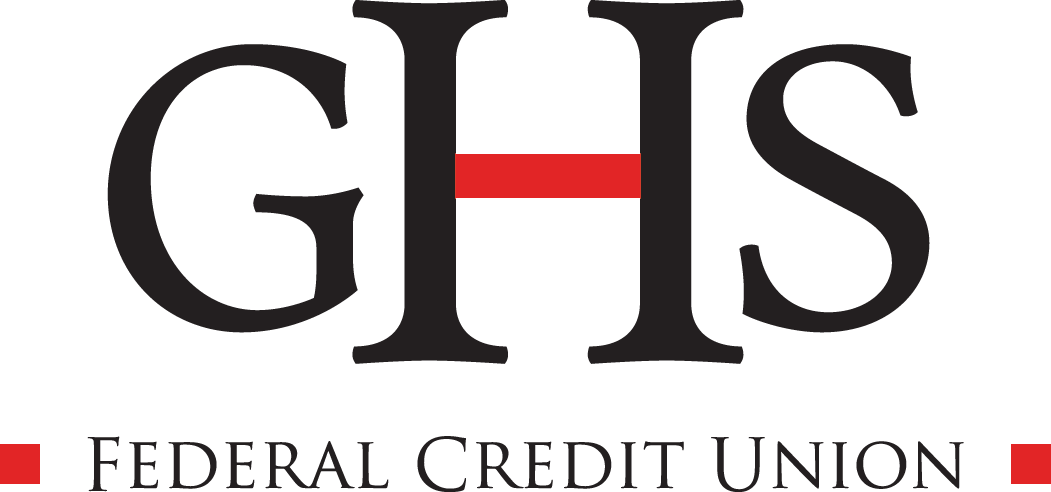Why Every Dollar You Don’t Borrow for College Matters More Than You Think
Because you deserve more than a degree and a lifetime of debt.
College can feel like a strange contradiction: you’re building your future while balancing costs that could follow you for decades. And for a lot of students, the pressure to “make it all work” leads straight to student loans. They're easy to get, easy to ignore, until they’re not.
Here’s the part no one says out loud:
Every dollar you don’t borrow now is one less dollar you’ll owe (with interest) later.
And the good news? You have more options than you might think.
Don’t Borrow More Than You Need
A lot of students take the full loan amount simply because it’s offered. But think of it this way: if someone handed you a credit card with a $10,000 limit and you only needed $6,000, would you still charge the full ten? Probably not. That same thinking should apply to student loans.
If you’ve already accepted aid, log in to studentaid.gov and check your details. You’re allowed to reduce or even cancel part of your loan, even after the semester starts. It’s your choice.
And if you’re not sure how much to accept, our Certified Credit Union Financial Counselors can help you make a plan you’ll feel confident about sticking to.
Scholarships Aren’t Just for High School Seniors
Scholarships exist for:
Current college students
Graduate students
Adults returning to school
Search once a semester and keep a folder with your transcript, resume, and a couple of reusable essays to save time.
Don’t forget to look local: credit unions, community foundations, and small businesses often have scholarships with less competition.
And if you are still in high school, GHS offers a Scholarship Program for graduating seniors within our field of membership. It’s one way we invest directly in students before they even set foot on campus.
Use the Resources You’re Already Paying For
You’re likely paying for a lot more than just classes. Campus resources like tutoring, career services, health centers, food pantries, and emergency grants are built into your tuition. Don’t let them go unused.
And don’t stop at campus, tap into your local community resources too. Credit unions like GHS, nonprofits, and local organizations often provide free or low-cost help with financial planning, food security, transportation, and more.
At GHS, we offer a variety of financial wellness resources and a team of counselors are here to guide you through budgeting, saving, and making smart money decisions while you’re in school and once you’re out.
Treat Refund Checks Wisely
That refund check that lands in your account after aid is disbursed can feel like a windfall, but remember, it’s still loan money. If you don’t truly need it, you can return it and shrink your future debt.
Or, if you want to make it work for you:
Park it in a GHS Savings Account so it’s set aside for essentials.
Consider a GHS Share Certificate to earn more while you save.
Either way, don’t think of it as bonus cash, because it isn’t.
Make Work Work for You
Most students today are already working to afford school and everything that comes with it. Whether it’s part-time hours between classes, work-study, or weekends back home, your time is already stretched thin.
If you have the option, work-study jobs can be worth exploring, they’re often more flexible and designed to accommodate your student schedule.
And when those paychecks come in? Become a member and use GHS Mobile Banking to set up direct deposit, move money easily between checking and savings, and manage your finances on the go. Even a small paycheck can help chip away at costs, whether that’s groceries, textbooks, or paying down interest while you're still in school.
Bottom Line: Every Dollar Counts
Student loans are one way to pay for college, but they’re not the only way. Every dollar you choose not to borrow (or borrow more intentionally) is a win, now and after graduation.
GHS Can Help:
Our Certified Credit Union Financial Counselors can help with budgeting, saving, and student loan strategies. Whether you’re figuring out how much to borrow, what to do with a refund check, or how to build your first budget, we’re here to help you create a plan you can stick to.
Visit our financial wellness page or stop into a branch today, we’d love to help you on your journey.

